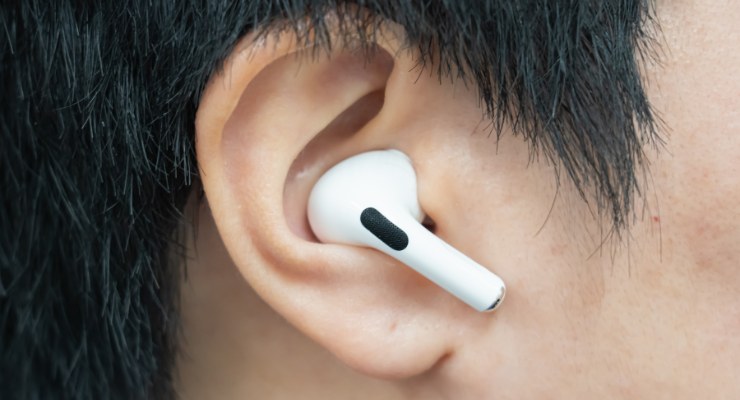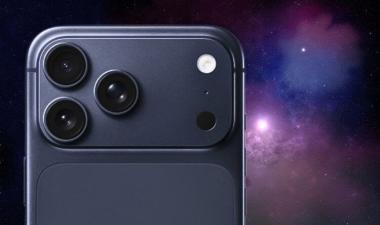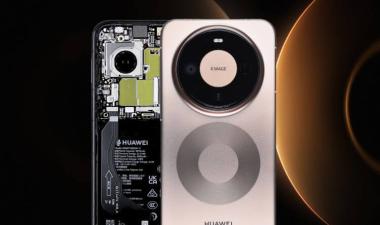Apple AirPods Pro Disrupts Hearing Aid Market
Apple has long been known for disrupting industries, from MP3 players to telephones, cameras, and watches. Now, the tech giant is making waves in healthcare, particularly in the hearing aid market, with the introduction of a groundbreaking feature in the Apple AirPods Pro. Coming this fall via a free software update, this new functionality will only be available for AirPods Pro 2, paired with iOS 18-compatible iPhones or iPads.
Apple recently announced that its AirPods Pro have received approval from the U.S. Food and Drug Administration (FDA) to function as hearing aids. This approval places Apple in a position to challenge the global hearing aid market, which is currently valued at an estimated $8-12 billion. Traditional hearing aids, often custom-fit, come with a hefty price tag, ranging from $1,000 to $5,000. In contrast, AirPods Pro 2, which retail at around $250, offer similar functionality, putting pressure on legacy hearing aid manufacturers to rethink their products and pricing models.
The new software update will bring hearing aid functionality to millions of users at a fraction of the cost. With legacy suppliers now facing competition from a consumer tech giant like Apple, we may see a shift toward more affordable, yet advanced hearing aids. Apple's accessibility to cutting-edge audio technologies, paired with its global distribution network, could make high-quality hearing aids more accessible to a broader audience.
Apple’s innovation doesn’t stop at hearing aids. The company also plans to disrupt the hearing testing market with the same software update. The new feature allows users to perform a five-minute hearing test using AirPods Pro to assess whether they would benefit from hearing aids. This self-testing capability could revolutionize the way people approach hearing loss and lower the barriers to access, bypassing the need for clinical testing.
TechInsights’ 2022 teardown report of the AirPods Pro revealed the presence of advanced sensors and processors capable of delivering hearing aid functionality. Key components are supplied by major players such as Bosch, STMicroelectronics, and TDK, all of which contribute to the high-end performance of the AirPods Pro. The devices contain the necessary hardware to support Apple’s forthcoming software features, underscoring the innovation packed into this relatively affordable product.
The report further details the distribution of integrated circuit (IC) devices within the AirPods Pro, illustrating the extent to which these advanced components are powering Apple’s move into the hearing aid market.
For those interested in exploring the technical side of Apple’s AirPods Pro and other audio products, TechInsights offers more than 100 reports on earbuds and related audio technologies. These reports are available by subscription and provide in-depth analysis, component breakdowns, and insights into the companies supplying key parts of these devices.
With Apple’s AirPods Pro poised to disrupt the hearing aid market, legacy manufacturers face increasing pressure to innovate and adjust. As the line between consumer technology and healthcare continues to blur, Apple’s foray into the hearing aid market marks a new era for affordable, high-tech hearing solutions.











